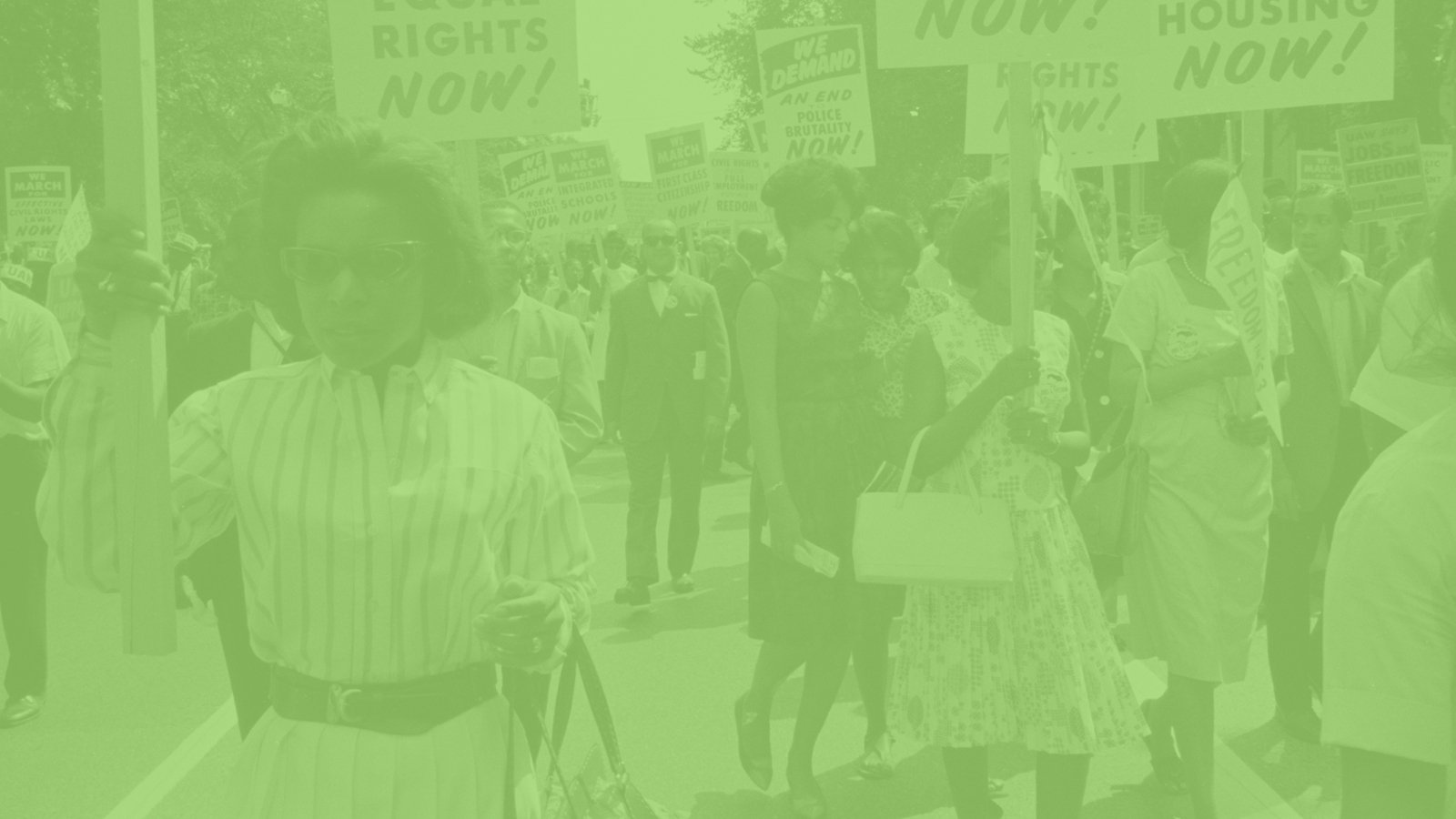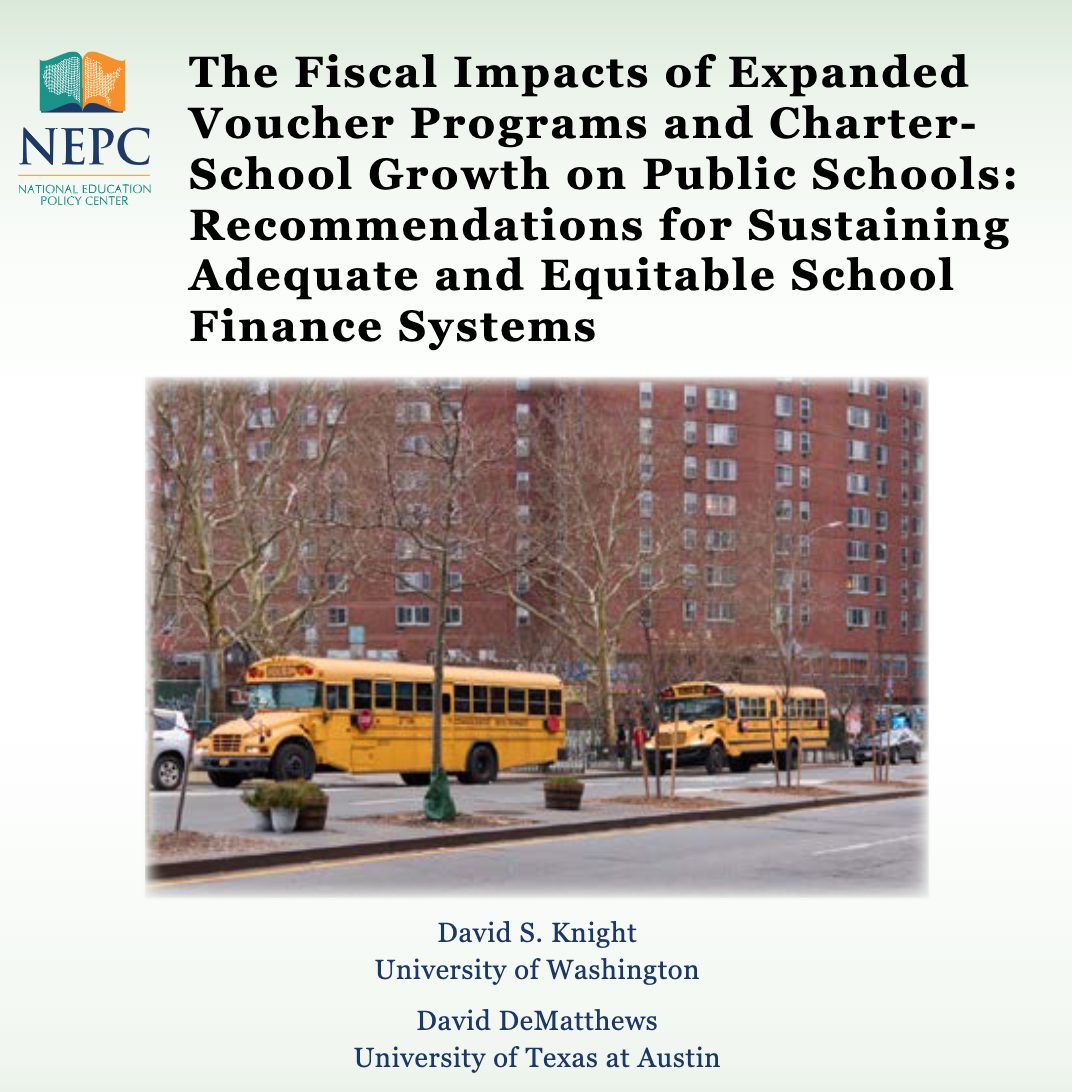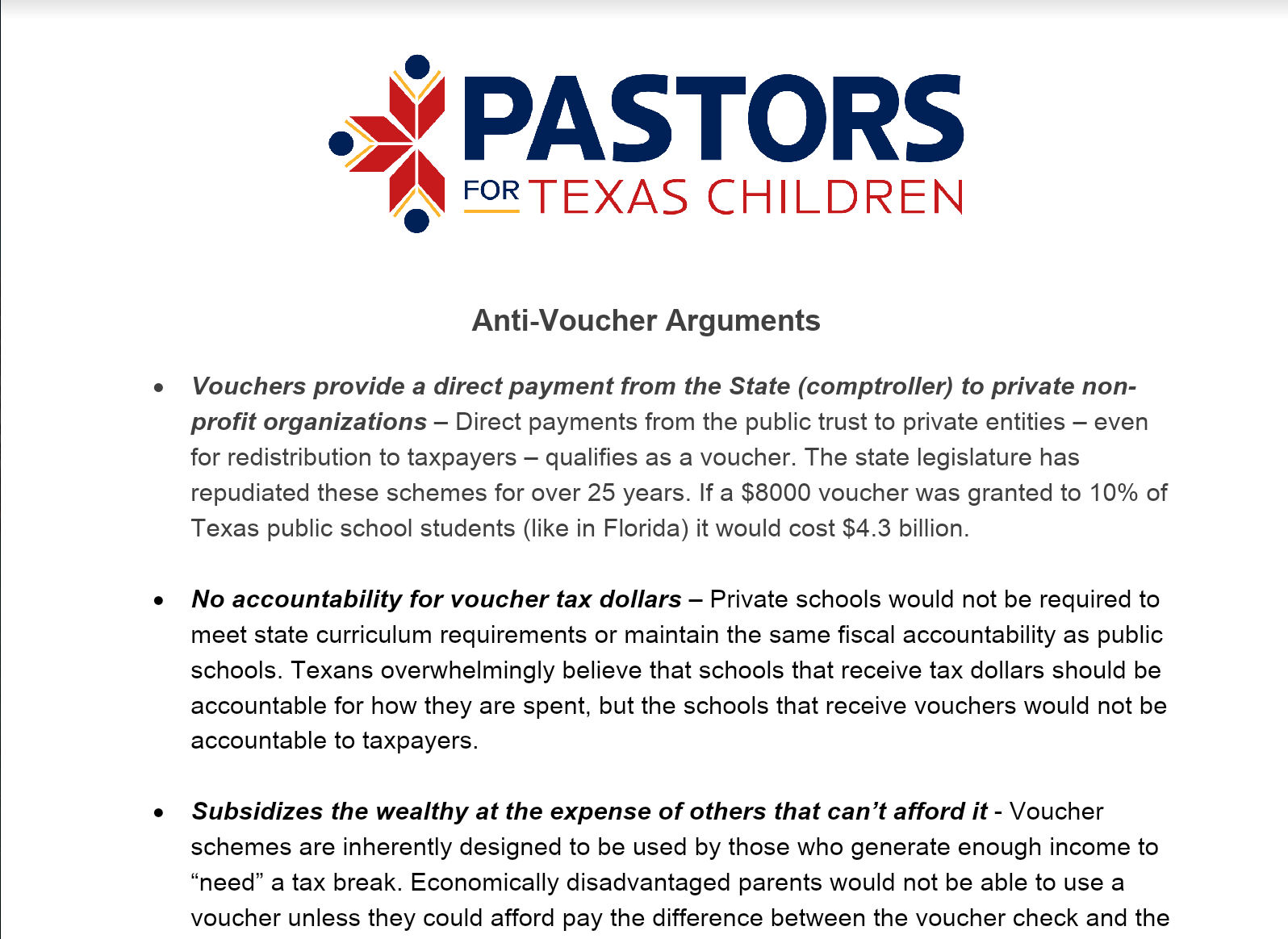
ADVOCATES
Advocates, your action is crucial in challenging the voucher programs that risk compromising public education's integrity and equity. This site has resources to support as you engage in policy advocacy, mobilize community support, and participate in strategic campaigns to influence educational legislation and public opinion. Together, we have the power to shape a future where education policies prioritize fairness, diversity, and the collective good of our school communities. Here are some resources to help you get started.
Policymakers join parents, students, educators and allies to discuss how the national private school voucher program in the budget reconciliation bill would shift resources from public schools to wealthy people and private schools.
School voucher programs, elaborate schemes that give parents taxpayer money to fund their children’s private school tuition, had an especially bad day at the ballot box. Voters rejected these schemes despite their popularity with Trump, who many experts say will likely make a federal voucher program a priority in his upcoming administration.
The U.S. Department of Education has projected enrollment declines over the next decade, leading to budget cuts for school districts, which will be particularly impactful in urban and rural areas serving vulnerable students. As federal COVID-19 funds expire, districts will face challenges in cutting costs, potentially leading to layoffs or school closures. Meanwhile, many states have expanded voucher programs and charter schools, diverting funds from public schools despite limited enrollment growth. Research shows these shifts harm traditional public school financing. To address this, policymakers must ensure equitable funding for public schools and hold charter and private schools to the same standards as public ones.
Since Arizona passed its universal voucher bill in 2022, eight more states have followed suit: Florida, Ohio, North Carolina and Indiana expanded existing voucher programs. Arkansas, Alabama, Iowa and Utah joined West Virginia, whose Hope scholarship program began in 2021, in creating new programs set to become universal. Clark’s Love Your School AZ has expanded to Alabama and West Virginia, and Clark has started a series of related groups to bolster the national ecosystem supporting school vouchers. She’s also become one of the movement’s key messengers, aided by the prestige of an appointment to the Arizona board of education, and the most visible antagonist of the state’s public school advocates.
PFPS is excited to welcome back authors Jennifer Berkshire and Jack Schneider to the PFPS webinar series. Ms. Berkshire and Dr. Schneider will discuss their new book, "The Education Wars: A Citizen’s Guide and Defense Manual," with Jasmine Bolton, Policy Director at the Partnership for the Future of Learning.
Public Funds Public Schools and allies submitted an amicus curiae brief in St. Dominic Academy v. Makin urging the First Circuit Court of Appeals to uphold the application of Maine’s anti discrimination requirements to all schools receiving public funds, whether public or private, religious or secular. PFPS also recently filed amicus briefs in two other cases presenting similar issues.
The center had played a key role in bringing about one of the most dramatic expansions of private-school vouchers in the country, making it possible for all Ohio families—even the richest among them—to receive public money to pay for their children’s tuition. In the mid-nineteen-nineties, Ohio became the second state to offer vouchers, but in those days they were available only in Cleveland and were billed as a way for disadvantaged children to escape struggling schools. Now the benefits extend to more than a hundred and fifty thousand students across the state, costing taxpayers nearly a billion dollars, the vast majority of which goes to the Catholic and evangelical institutions that dominate the private-school landscape there.
This PFPS webinar featured ELC Senior Fellow Josh Cowen, Nicole Fuller from the National Coalition for Public Education, and speakers from PFPS/ELC who shared information, resources, tools, and tips to help advocates prepare for crucial state and federal legislative fights over private school voucher programs in 2025.
The Support Our Schools Nebraska coalition needed to collect 61,621 signatures to let voters repeal or retain a bill that spends millions of public tax dollars to pay for private schools. Today, the coalition submitted more than 86,000 signatures to the Nebraska Secretary of State to ensure the issue will appear on the November ballot. The group also exceeded the 38-county requirement with 5% of voters signing the petition in more than 60 of the state’s 93 counties.
Pastors for Texas Children developed this one-pager with anti-voucher arguments.
Opponents of public schools have pushed forward with another attack on children’s freedom to learn. This time, some elected officials are threatening to rip funds from students via school voucher programs to bankroll private schools for the wealthy and hide their refusal to fully fund public schools and ensure that every child from the big cities to small towns has a neighborhood school where they can learn, grow and thrive.
This toolkit is designed as a resource to help legislators and pro-public education advocates oppose attempts to create new or expand existing private school voucher programs.
In recent years, a network of anti-public-education politicians and lobbying groups has been emboldened in its push for private school vouchers. Billionaires like the DeVoses, including former Education Secretary Betsy DeVos, the Kochs, and the Waltons are spending hundreds of millions of dollars on these campaigns. These funders are using their war chests to lobby for voucher bills in state legislatures, contribute to the political campaigns of pro-voucher candidates, and seed astroturf petition drives to put vouchers on the ballot.
IDRA 5 Reasons Private School Vouchers Would Hurt Students – Infographic
The PFPS bill tracker monitors all 50 states and the U.S. Congress for proposed legislation that creates, expands, or modifies private school voucher programs. Use the tracker to search for bills by number or keyword or to filter by state, year, and/or PFPS-assigned categories.














